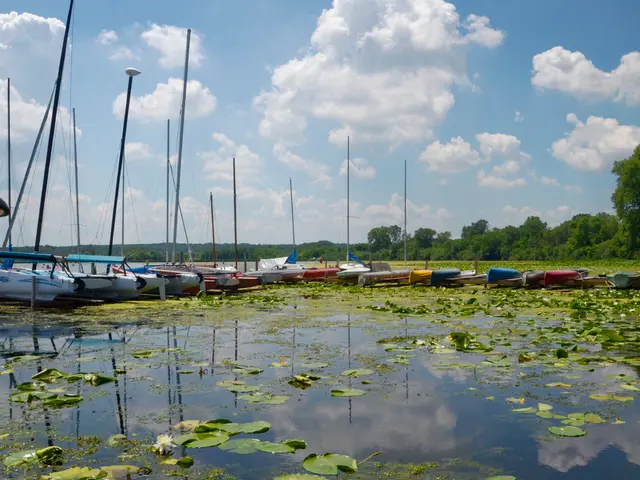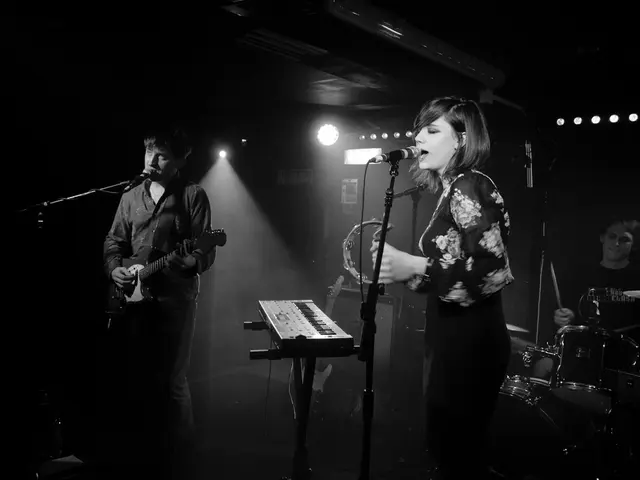Race Commencement at CES 2026: Competing Cities Vie for Host City Position
Following the triumph of Austrian contestant JJ at the Eurovision Song Contest on May 17, several cities in Austria have expressed eagerness to host the biennial music spectacle. Among them are Vienna, Innsbruck, Oberwart, St. Pölten, Wels (in partnership with Linz), and Graz.
As the dust settled on the Basel stage, the race to secure the hosting rights for the 2026 contest began. However, the details of the application process, the route, the participation costs, and even the date remain undetermined, as the European Broadcasting Union (EBU) and the host broadcaster, Österreichischer Rundfunk (ORF), await the submission of proposals from the interested cities.
The applications are expected to start next week, with ORF yet to communicate more specifics about the schedule. In 2014, following Conchita Wurst's victory, cities had until the end of July to submit their offers. The decision was made in early August - three months after the contest.
In the meantime, the political debate over the costs of hosting the event has begun in Innsbruck's city council. questioning whether the city can and should afford the Song Contest, Mayor Johannes Anzengruber is confident that they can and should, but at a reasonable price, estimating the total costs at around 40 million euros. The Event would primarily be a value creation engine rather than a financial burden, with a media value of around 100 million euros, equivalent to an advertising campaign that none of the parties could afford on their own.
Though the Greens and the Social Democrats share the same belief, the Freedom Party (FPO) and its councilor Fabian Walch have voiced their objections, viewing the LGBTQ+ community, which forms a significant portion of the Eurovision audience, as imposing their ideology on others.
In contrast, Wels' FPO Mayor Andreas Rabl, bidding for the event with Linz, is willing to discuss the potential costs once the criteria catalog is published. He is optimistic about the region's ability to host large-scale events, citing the 2024 European Capital of Culture in the Salzkammergut as an example. A new exhibition hall in Wels, scheduled to be completed with adequate technical standards, may serve as the venue.
Ultimately, the contest's host city must possess suitable infrastructure, proximity to an international airport, and ample hotel capacity to accommodate participants, delegations, media, and fans. The city must also have the logistical capacity to support the event's extensive organizational and technical demands.
The European Broadcasting Union (EBU) and the host broadcaster ORF will evaluate the bids and announce a shortlist by June 2025, with the final host city to be determined in July 2025. Cost distribution is anticipated to involve ORF, the host city, and regional authorities collaborating to meet the financial demands of hosting the contest.
Other cities, apart from the ones initially expressing interest, might also submit their applications for hosting the Eurovision Song Contest in 2026. Social-media platforms are expected to be flooded with discussions about the potential benefits and costs of each city's bid, with entertainment value and media exposure being significant factors in the public debate.






